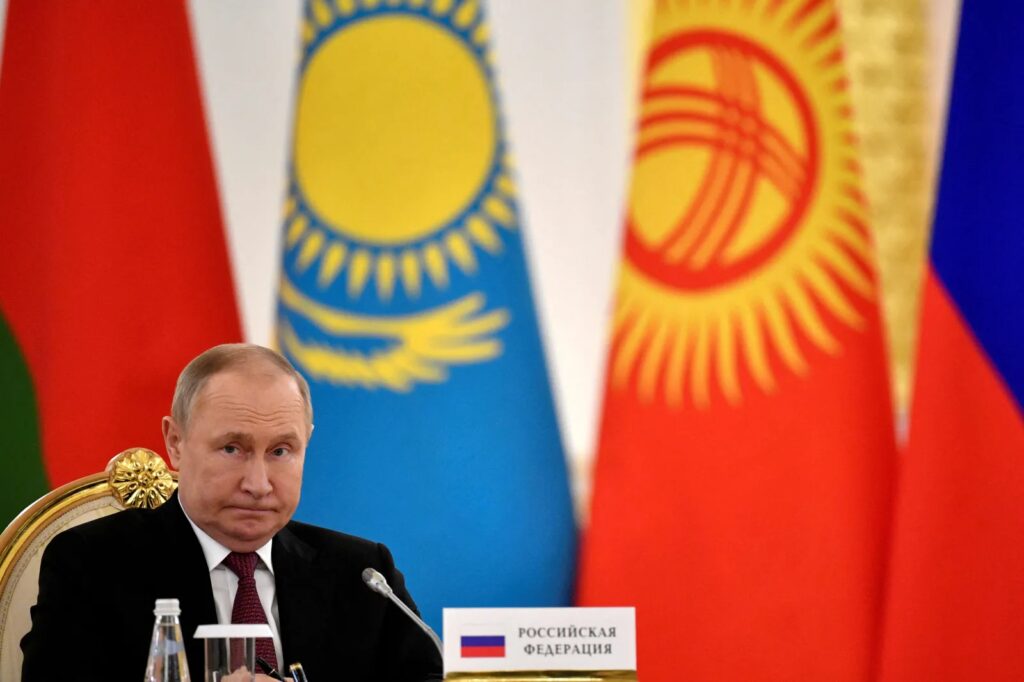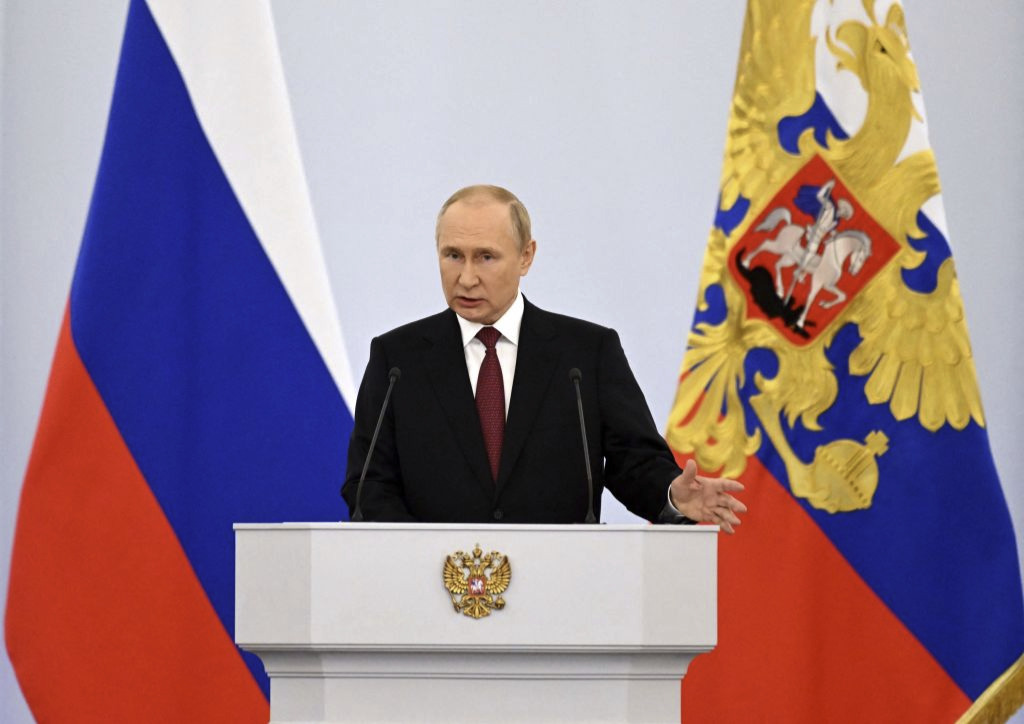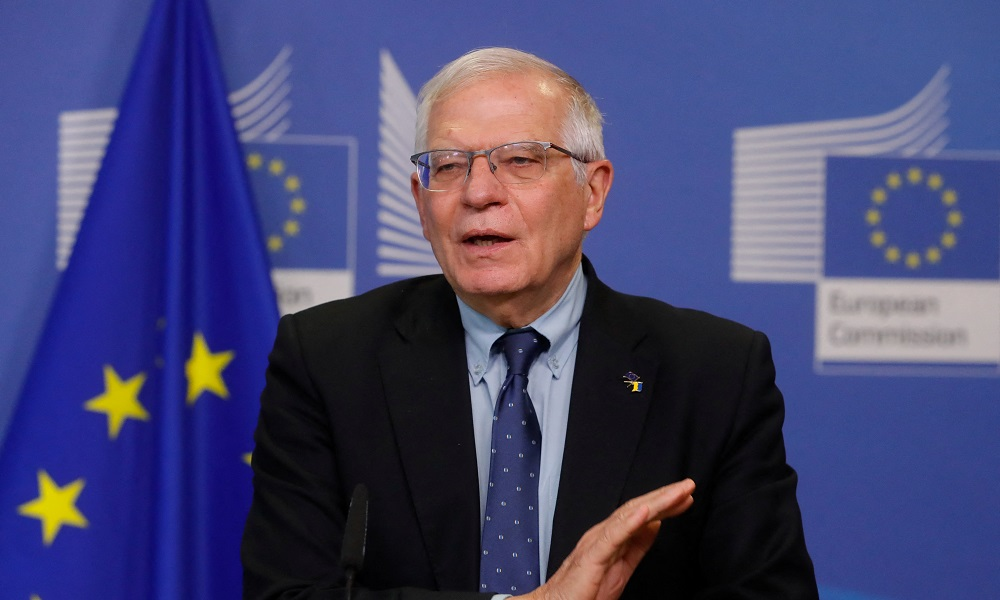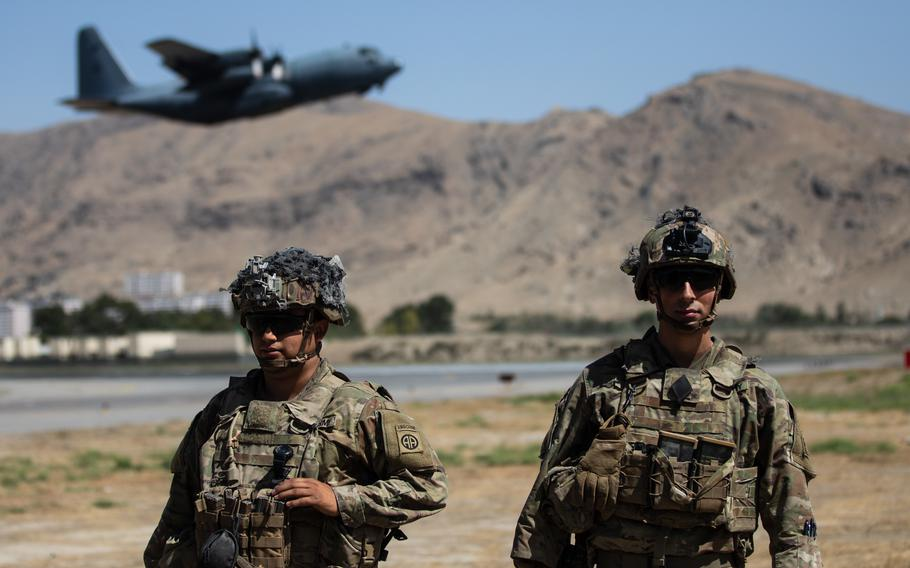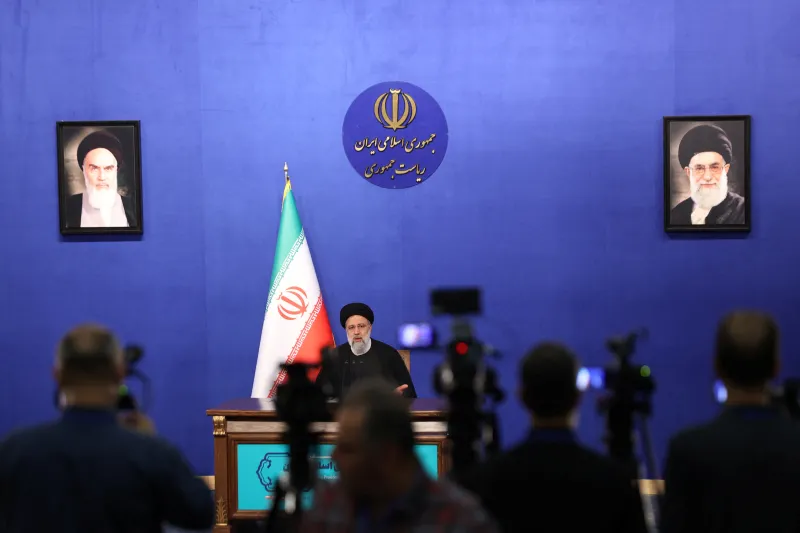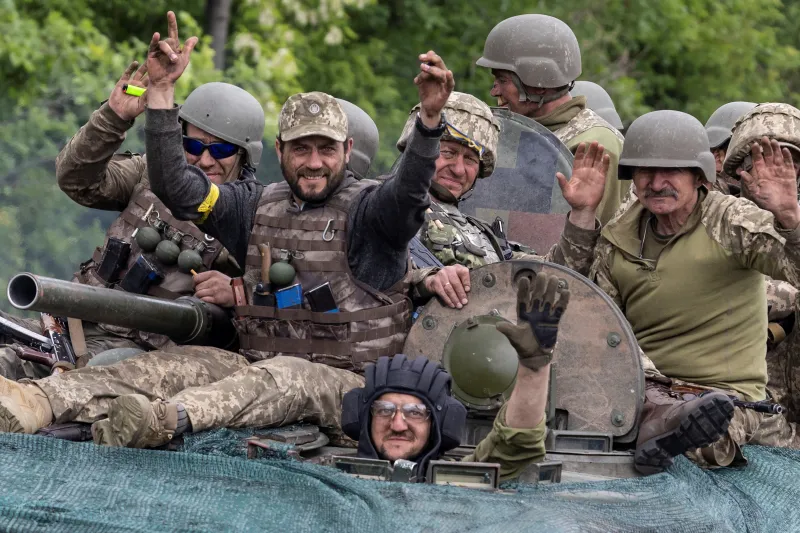Iran, the Gulf States and the Palestinian Issue
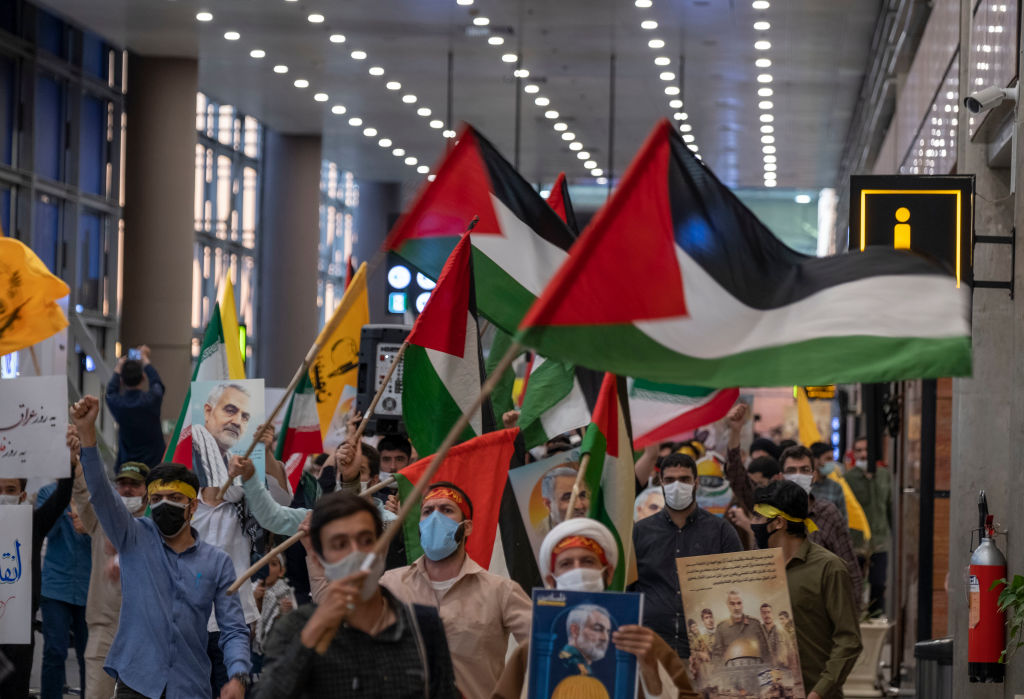
The Islamic Republic is experiencing major protests. This deep public anger is not just about the regime’s domestic policies but also resentment against its regional agenda, such as its interventions in the Arab world. Since 1979, the Islamists in Tehran have invested much in supporting Palestinian causes. But how is Iran’s track-record among the Palestinian political groups? Is Iran an enabler or a spoiler of the Palestinian cause? How has Iran so far reacted to the Abraham Accords of 2020 and does it see the idea of coexistence with Israel as a challenge to Iran’s anti-Israel model of “Axis of Resistance”? Finally, can Iran and the Gulf States that have signed the Abraham Accords perhaps find some common ground on how best to support the Palestinians in their aspirations? To discuss these issues, MEI is delighted to host a panel of experts moderated by Alex Vatanka, Senior Fellow and Director of the Iran Program.

